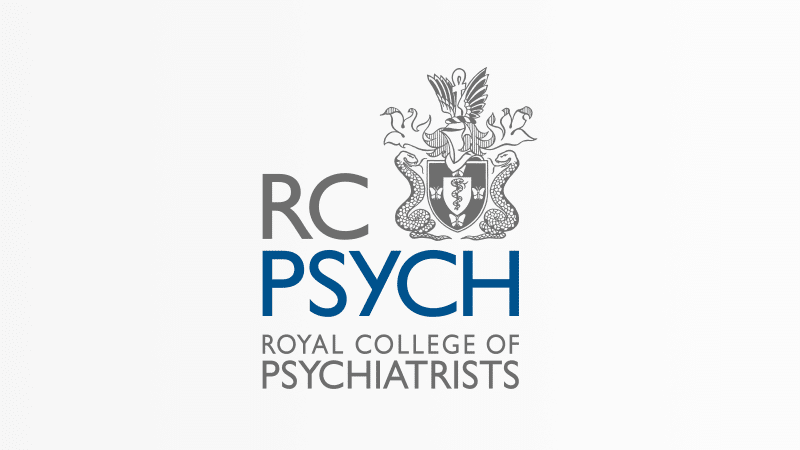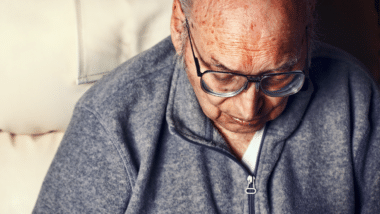Psychiatrists fear that people with a mental illness will be able to seek medical help to kill themselves under Liam McArthur’s assisted suicide proposals.
Responding to Holyrood’s call for views on the Bill, the Royal College of Psychiatrists (RCP) in Scotland warned that the MSP’s definition of terminal illness was “unhelpfully vague”, and may extend to people with dementia, anorexia nervosa and bipolar disorder.
McArthur has recently come under fire for accepting tens of thousands of pounds from activist groups campaigning for end-of-life protections to be axed.
Problematic
Based on a survey of its members, the professional body submitted its view that “marginalised, dependent, or insufficiently supported people with dementia” may ask for assisted suicide “not because they wish to die but for other reasons”.
There was also a risk, it added, of ending the life of a patient “misdiagnosed with such a condition”, who would otherwise have gone on to recover.
RCP in Scotland said people with a “severe and enduring mental illness”, such as bipolar disorder, would arguably “fall under the ‘reasonable expectation of premature death’ element in the Bill’s definition of terminal illness” even though they are “not progressive in the sense understood in the Bill”. It called for the MSP’s proposals to be amended “to make this clear”.
A “clear majority of its members”, it reported, had expressed “profound concern” that “a slippery slope progression is possible” in relation to people with a mental disorder.
Risk
Addressing Holyrood’s Health Committee, Dr Mary Neal, a Reader in law at Strathclyde University, said that as “the definition of terminal illness in the Bill doesn’t refer to a specific life expectancy” it could apply therefore to any illness “from which a person can’t recover”.
She continued: “There are some mental health issues from which people can’t recover and which might be expected to shorten life.”
The medical law expert added: “There is risk baked into the definition of terminal illness in the Bill that someone could foreseeably decide to end their life because they’re unable to recover from a mental condition that’s causing them considerable suffering.”
Compassion
Commenting in the Herald about her experience of Canada’s Medical Assistance in Dying (MAiD), family physician Dr Ramona Coelho wrote: “Worryingly, MAiD recipients often lack adequate mental health and disability supports.”
She explained: “When life’s difficulties become unbearable, MAiD is now presented as an answer, rather than addressing the root causes of despair.”
The family doctor, who is also a senior fellow at the Macdonald-Laurier Institute, argued that compassion “is not offering death to those who feel like burdens or are lonely”, but is “lifting that burden by creating a society where people feel valued, and every person feels supported and safe”.
Funding
Liam McArthur’s register of interests declared that he expected to receive £47,799 by January from activist groups towards an additional staff member to work on his assisted suicide Bill.
Dignity in Dying, Humanist Society Scotland and Friends at the End are funding the position. Dignity in Dying also paid McArthur £2,694 in travel expenses to meet the proponents of California’s assisted suicide law.
MSP behind Scots assisted suicide Bill received almost £50k from activists
‘You should perform assisted suicides’ Liam McArthur tells hospice workers


